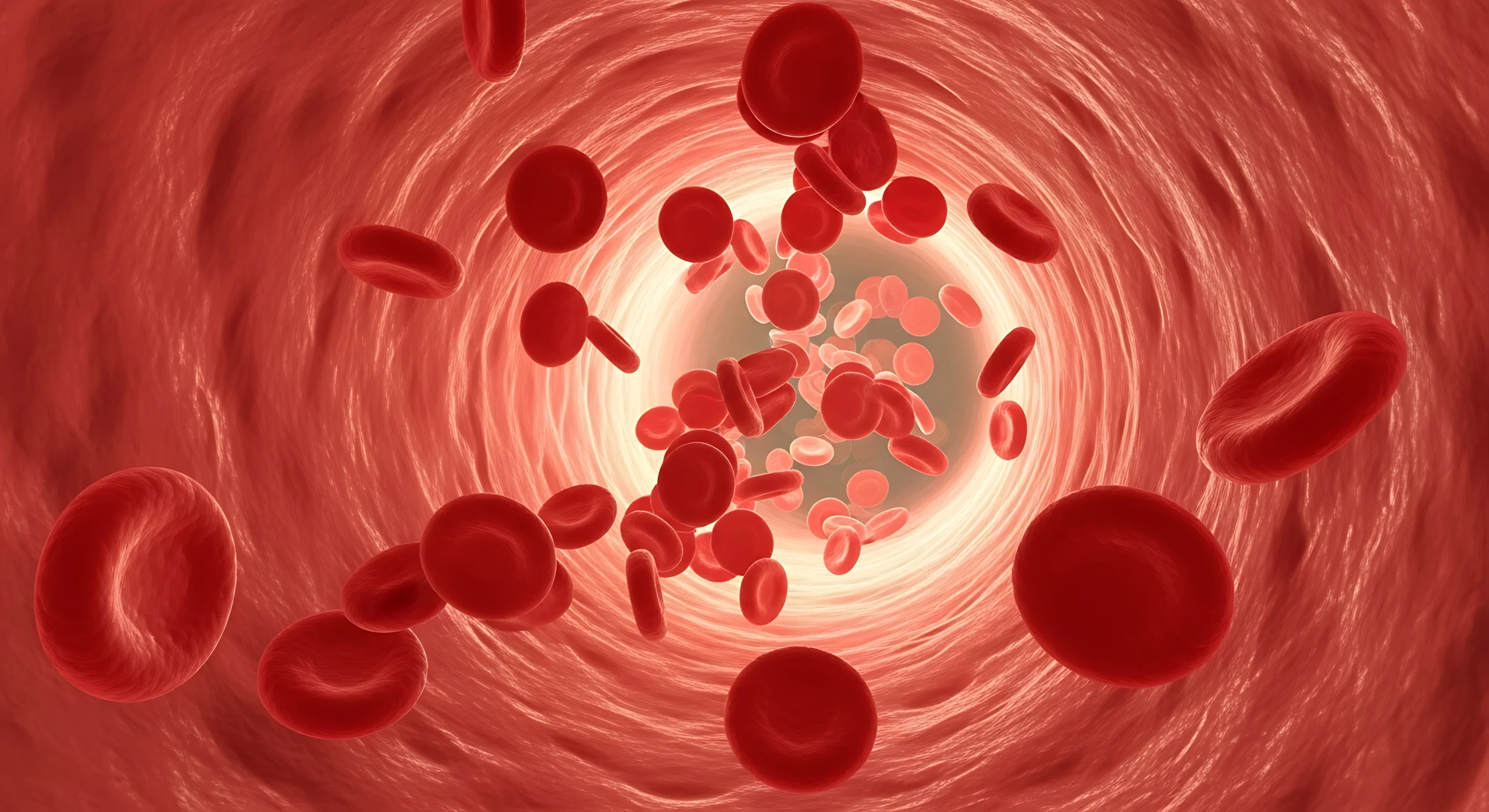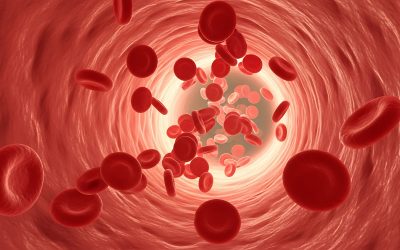Today’s Paper: MSCs for Feline Asthma
For this review, I chose a 2016 pilot study from the University of Missouri, published in the Journal of Feline Medicine and Surgery.
The focus: evaluating whether intravenous adipose-derived mesenchymal stem cells (MSCs) could help treat feline asthma.
You may be wondering—why review a 2016 paper if I promised to cover the latest research? Two reasons:
- It’s a well-structured pilot study with proper controls.
- Cats often get overlooked in research, so this gives them some attention.
- Feline asthma is still a condition we haven’t really solved—so pulling from older data still feels relevant.
Listen anywhere you get your podcasts…
Why Feline Asthma Matters
- Affects up to 5% of domestic cats.
- Characterized by airway eosinophilia, hyperresponsiveness, and airway remodeling.
- Current treatments (glucocorticoids, bronchodilators) reduce inflammation and improve airflow but don’t consistently prevent or reverse disease progression.
MSCs offer a new approach. They’re immunomodulatory, capable of balancing immune responses and promoting regulatory pathways that could help manage chronic airway inflammation.
Study Design
- Subjects: 6 asthmatic cats (4 treated with MSCs, 2 with placebo saline)
- Controls: 6 healthy untreated cats and 4 untreated asthmatic cats
- Treatment: 5 IV doses of allogeneic adipose-derived MSCs over 130 days
- Follow-up period: 9 months
The MSCs were harvested from healthy, specific-pathogen-free cats, expanded in culture, cryopreserved, and later administered IV.
Digging Into the Details
The MSCs were derived from healthy donor cats, expanded in culture, and cryopreserved until use. But here’s where things caught my eye:
Cryopreservation loss: They reported unusually low recovery of viable cells after thawing, which forced them to increase doses mid-study—from 2 million to as high as 10 million cells. That’s a big jump, and it makes me wonder about their cryopreservation protocol or even their counting method.
Use of heparin: The cells were resuspended in saline with heparin before injection. In my lab, we don’t use heparin for IV cell delivery in cats, so this was an unexpected choice.
Allogeneic repeat dosing: Anytime you give repeated allogeneic treatments, there’s a risk of alloimmunization. The study doesn’t specify whether the same donor was used each time or if doses came from different donors to reduce that risk. It’s an important gap to note.
These aren’t deal-breakers, but they are details that influence how confidently we can interpret the results.
Results
Short-term findings:
- Early airway eosinophilia levels didn’t differ much between MSC and placebo groups.
Long-term findings (9 months):
- Airway eosinophilia dropped to normal levels in MSC-treated cats (6%) vs. 20% in placebo cats.
- Airway hyperresponsiveness diminished in MSC cats, requiring higher doses of methacholine to trigger airway resistance.
- Lung remodeling improved — reduced bronchial wall thickening and better CT imaging scores.
- No adverse events were reported, supporting safety of repeated IV dosing.
What wasn’t clear:
- Immunology assays did not pinpoint a clear mechanism of action. This could be due to test sensitivity in feline models or choice of markers.
Key Takeaways
- Repeated IV administration of allogeneic MSCs in cats with asthma appeared safe.
- Benefits included reduced airway inflammation, improved lung structure, and decreased hyperresponsiveness.
- Effects took time to appear—suggesting MSCs may not provide immediate relief but could support long-term improvement.
That said, some of the methodology (cell prep, donor details, heparin use) leaves questions. And with such a small sample size, this is only a starting point—not definitive proof.
Final Thoughts
While small, this study adds important evidence supporting MSC therapy as a potential option for cats with asthma. If proven effective in larger trials, MSCs could expand treatment options beyond steroids and bronchodilators, offering cats a better long-term outlook.
What do you think—could MSC therapy become a standard tool for managing feline asthma?
You can read the full study and email me at adrienne@ardentanimalhealth.com.
Stay tuned for the next edition of Sit. Stay. Learn., where I’ll keep doing the reading so you can stay focused on caring for animals.







